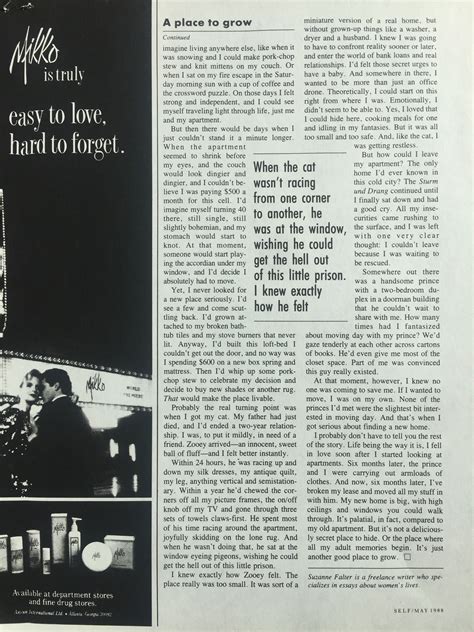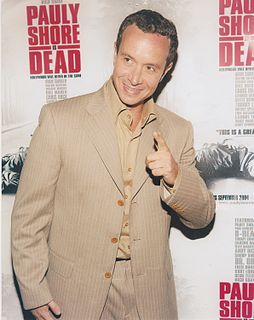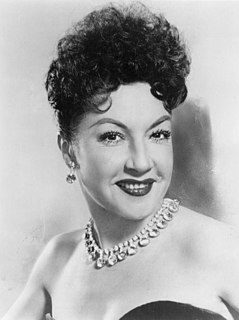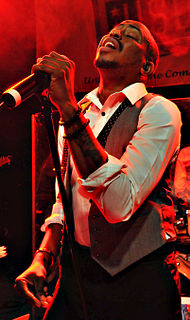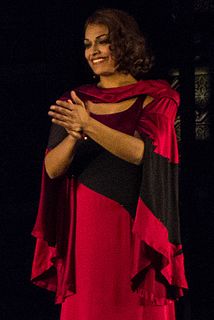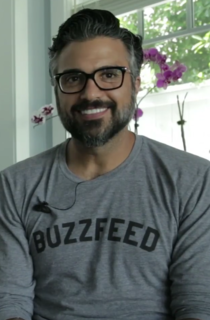A Quote by Suzanne Falter-Barns
When a performer goes out on a stage, they may feel the audience is judging every aspect of them and their life. In fact, all that poor audience is doing is waiting to be entertained a little.
Related Quotes
You see, what is my purpose of performance artist is to stage certain difficulties and stage the fear the primordial fear of pain, of dying, all of which we have in our lives, and then stage them in front of audience and go through them and tell the audience, 'I'm your mirror; if I can do this in my life, you can do it in yours.'
You see, what is my purpose of performance artist is to stage certain difficulties and stage the fear the primordial fear of pain, of dying, all of which we have in our lives, and then stage them in front of audience and go through them and tell the audience, I'm your mirror; if I can do this in my life, you can do it in yours.
Put in every joke that's not a dud and then let's just start pulling the ones that work the least. You're just constantly sifting until you're left with the biggest chunks of gold. The audience also tells you what some of those chunks are. You can have your own favorites, and then, once you screen it for an audience, the audience tells you what they're entertained by. I feel like that's a big part of it.
You know, you're doing the same show every day, and your inspiration, you have to look no further than the fact that you know people travel across the country to see you. In a lot of cases, this is that audience's only chance to see the thing, and so, that's what gets you up in the morning, and that's what gets you giving your best performance on stage, is the awareness that this audience is ready for it, and here to have an experience, and so in turn are you.
